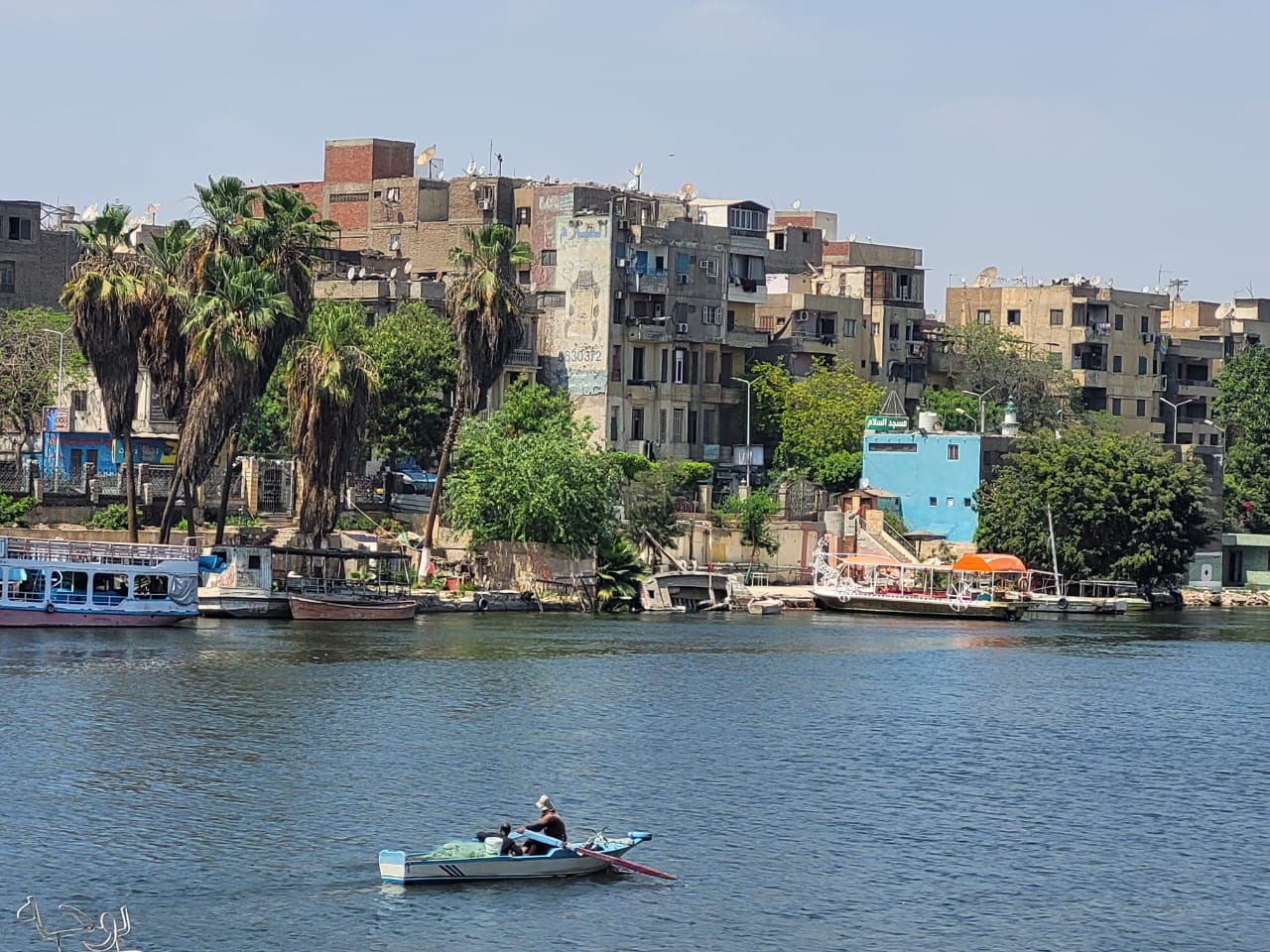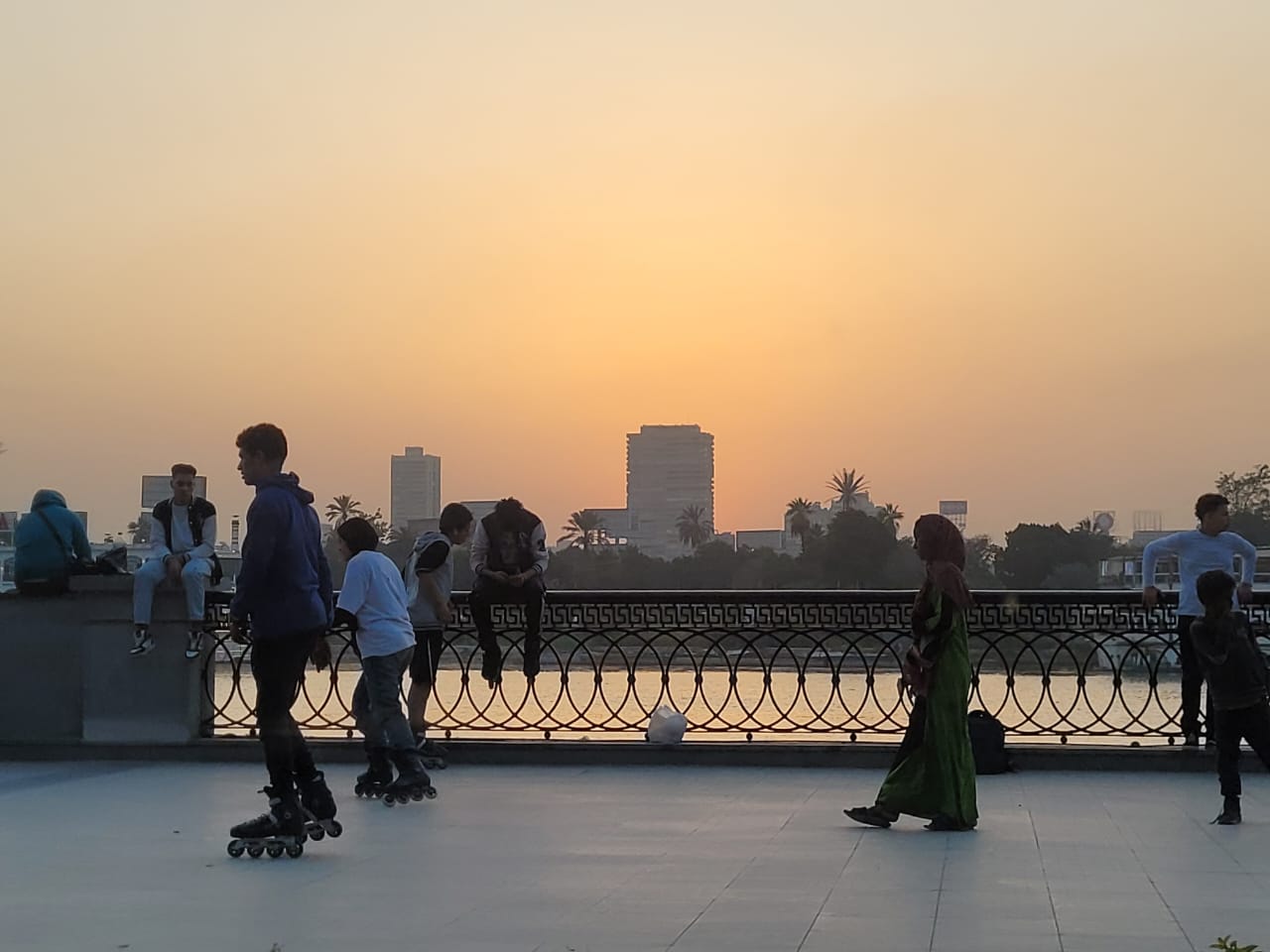DAAD, 2023-2026
Dr. Hassan Elmouelhi, Hellen Aziz, Prof. Anke Hagemann
Towards Green(er) Egyptian Cities
Through People-Centered Practice-Oriented Urban Education
Towns and cities in Egypt are growing at an alarming rate, with increasing population and urbanization rates that have a significant impact on the natural environment. Egypt is aware of these challenges and developed several policies and strategies towards a greener future. In line with the Paris agreement (2016) and the Sustainable Development Goals (2030), Egypt’s SDS 2030 guides the transition towards sustainable development through green economy principles. In this regard, attention towards cities' performance is urgently needed in Egypt. Green urbanism and “Green City” has been discussed since the 1990s as an interdisciplinary integrated approach to designing or renewing cities, with consideration for social, economic, and environmental prosperity. Cross-sector partnerships are found to be critical in achieving sustainability and implementing green urbanism principles, especially in a complex context like Egypt. Although there are some attempts of Green urban businesses in Egypt, higher education needs to pay more attention to the topics of sustainable urban development and Green cities, in addition to strengthening the linkages and networks with the green urban related businesses. Adopting a more practice-oriented approach within the curriculum through real case studies will help to achieve the SDGs, e.g, SDG 4, 9, 10, 11, and 13.
This project's main goal is to support the knowledge transfer between the high educational institutions and the green urban businesses in the field of “the Green Cities”. This project is in cooperation with the - IUSD, ASU Cairo, Egypt, and business partners in Egypt and Germany. The Egyptian business partners include the Habiba community in Nuweiba, VeryNile company in Qursaya island, Giza, Integrated Development Group Co.-IDG. Although our green business partners work in different urban contexts in Egypt; tribal community, rural community, and new cities closer to a tribal community, they all focus on empowering women in the local community through the green economy. The German business partners with green orientation are: Buro Happold, ZRS, Jan Braker Architect, and Stadt+Dorf. To achieve the project outcomes, we plan 2 main activities every year, to be incorporated into the modules of the master program-IUSD, Cairo Each year focuses on a specific aspect of green cities to discover and understand its practicalities, to get a better insight to real-world complexity. Selected topics are based on our business partners’ experience, to be discussed within this project activities, through using various relevant methods and approaches based on fieldwork. All the project’s selected case studies include the community engagement process, the inclusiveness of all vulnerable groups (including women, migrants and refugees), women empowerment and gender equality within the green business.
In 2023, a training in Berlin will be planned about the urban analysis tools , and the urban feasibility study, an intensive GIS course in Egypt, in addition to a fellowship in Berlin for two visiting ASU researchers. The second year 2024 will focus on the topic of “Green Tourism and Urban Agriculture”, with 2 workshops in Egypt and Germany. The third year 2025 focuses on “Food Chain and Waste Management” and includes 2 workshops in Egypt and Germany tackling the case study of Qursaya island in Giza, Egypt, with the VeryNile company, and the case study of Dawar community kitchen in Ezbet Khairallah, one of Cairo’s largest informal settlements. The Fourth year will focus on the topic of “the public spaces” and will also include 2 workshops in Egypt and Germany focusing on green new cities, with the example of New Alamen city in Egypt. The project focuses on different urban contexts within the three years; peripheral areas (i.e., Nuweiba), complex urban context in the capital “Greater Cairo” including rural communities (i.e., Qursaya island and Ezbet Khairallah), 2026 will focus on New Alamen city with the green approach. Moreover, cases will be analyzed in Berlin, such as “Beettinchen” community garden, “Maybachufer” street market organized by “Die Marktplaner” , the “Open Kitchen” community kitchen in “Refugio cafe”, and a public space chosen by BENN- Marzahn Süd. Within the years 2024 and 2025, 12 internships will be offered by the business partners in Egypt and Germany for the Egyptian and German students. For dissemination, there will be a closing symposium in Egypt, a publication and a website. The project is linked to the offered seminar: Contemporary Arab Urbanism.
Dr. Hassan Elmouelhi
elmouelhi@tu-berlin.de
Hellen Aziz
Hellenaeem7@gmail.com
Habitat Unit
Room A 622
T
+ 49 – 30 – 314 – 21830
F + 49 – 30 – 314 – 21907
Institute for Architecture
TU Berlin
Strasse des 17. Juni 152
10623 Berlin
DAAD Praxispartnerschaften Afrika 2023-2026
![]()
Integrated Urbanism and Sustainable Design Lab at
Ain Shams University – IUSD, Egypt
VeryNile, Egypt
Salma Ellakany
https://habibacommunity.com/
Habiba Community, Egypt
Mr. Magdy Elsayed
https://habibacommunity.com/
Integrated Development Group Co. - IDG Co., Egypt
Arch. Hala Khalid
https://www.linkedin.com/company/idg-integrated-development-group/
ZRS
Prof. Andrea Klinge/Simone Schiller, Germany
https://www.zrs.berlin/architektur/
Jan Braker Architekt, Germany
Dr. Bedour Braker
https://janbraker.de/
Stadt+Dorf, Germany
https://www.pgruppe.de/




